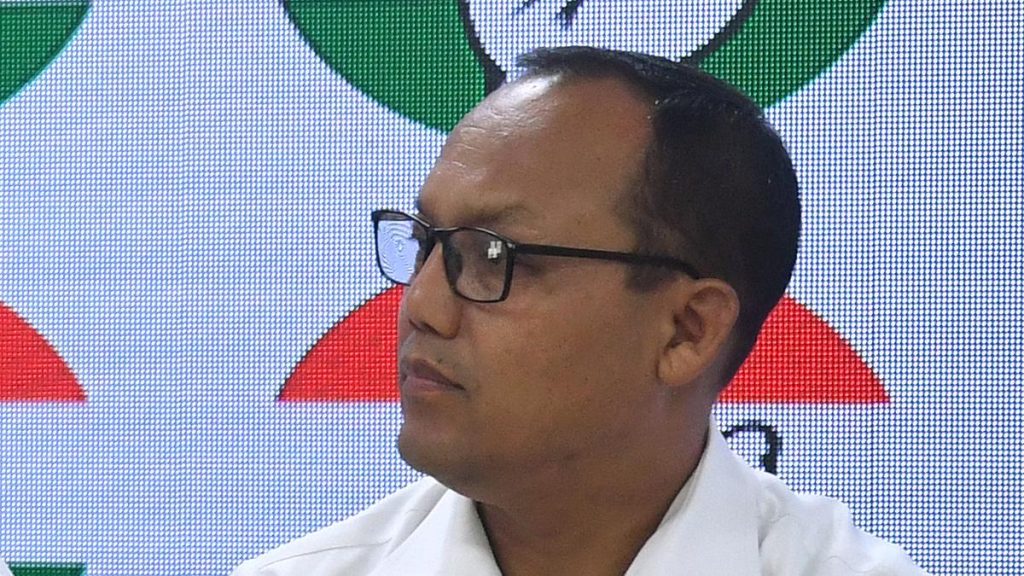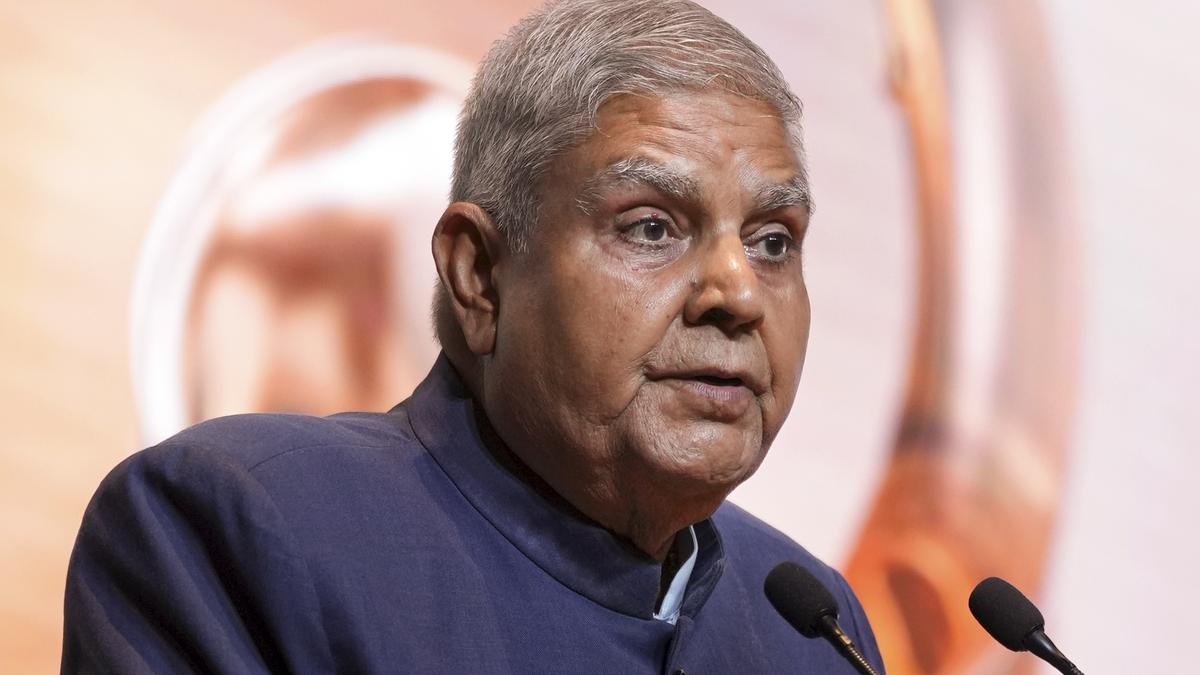Now Reading: Amid Long Kidney Transplant Waitlist in T.N., Doctors Prioritize Prevention
-
01
Amid Long Kidney Transplant Waitlist in T.N., Doctors Prioritize Prevention
Amid Long Kidney Transplant Waitlist in T.N., Doctors Prioritize Prevention
Swift Summary
- Kidney Transplants in Tamil Nadu: As of July 17, there are 7,413 patients on teh waitlist for kidney transplants in Tamil Nadu due to rising Chronic Kidney Disease (CKD) prevalence driven by diabetes and hypertension.
- Organ Shortage: High demand is compounded by limited organ availability-fatal traffic accidents, a major source of cadaveric organs, have reduced due to stricter regulations.
- Delay in treatment: Many patients only seek treatment at advanced CKD stages (Stage 5), which adds to complications and prolongs wait times (up to two years).
- Challenges with Dialysis: Dialysis poses its own health risks; adherence to strict dietary restrictions and timely schedules is critical for CKD management.
- Preventive Measures Suggested:
– Avoid smoking, alcohol, fast foods high in salt/preservatives.
– Balanced diet with regulated water intake.
– Early health screenings for diabetes/hypertension.
- Lifestyle Recommendations: Experts stress the importance of early lifestyle changes starting from childhood-healthy diets with lower sodium/higher potassium intake plus physical activity.
Indian Opinion Analysis
The wide gap between demand and supply for kidney transplants highlights an urgent chain reaction among India’s healthcare challenges. Chronic Kidney Disease-a scenario exacerbated by noncommunicable diseases like diabetes and hypertension-is both preventable and manageable if systemic efforts can empower early diagnosis via periodic screenings. Nephrologists’ stress on prevention underscores India’s need for integrated community-level interventions using primary care physicians who have direct outreach.
Tamil Nadu’s role as a leader in cadaveric transplants faces strain with decreasing organ donations tied to fewer road accident fatalities through public safety measures-posing ethical complexities but together showcasing progressive regulation successes. Meanwhile, dialysis shortcomings such as income losses from frequent visits signal urgent gaps that need bridging via expanded access models like portable or home-based services.
Overall implications surround securing upstream interventions-from controlling childhood obesity through lifestyle education programs to long-term resource planning that prioritizes affordability across India’s healthcare ecosystem.The call from experts is not just reactive treatment but preventive care reform embedded into societal norms.
Read More: Source

























